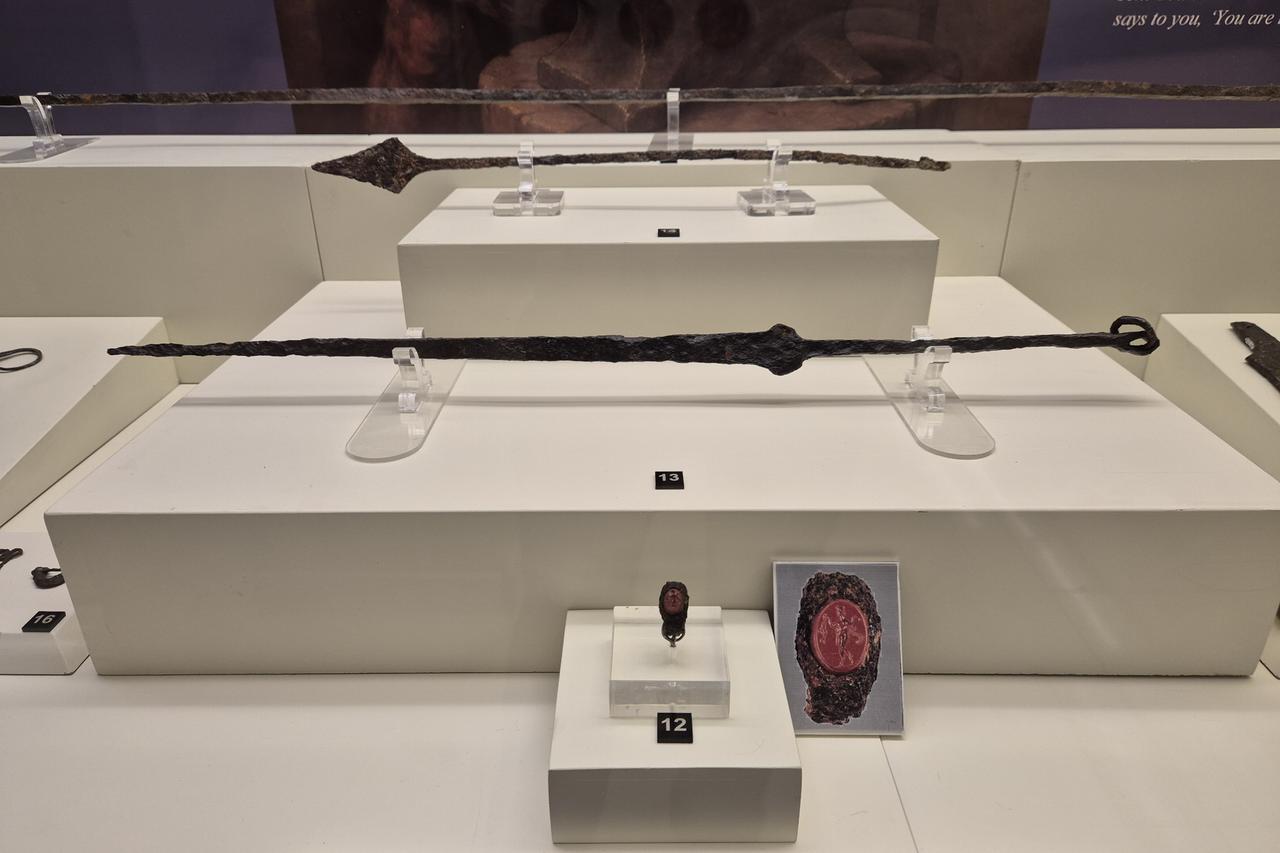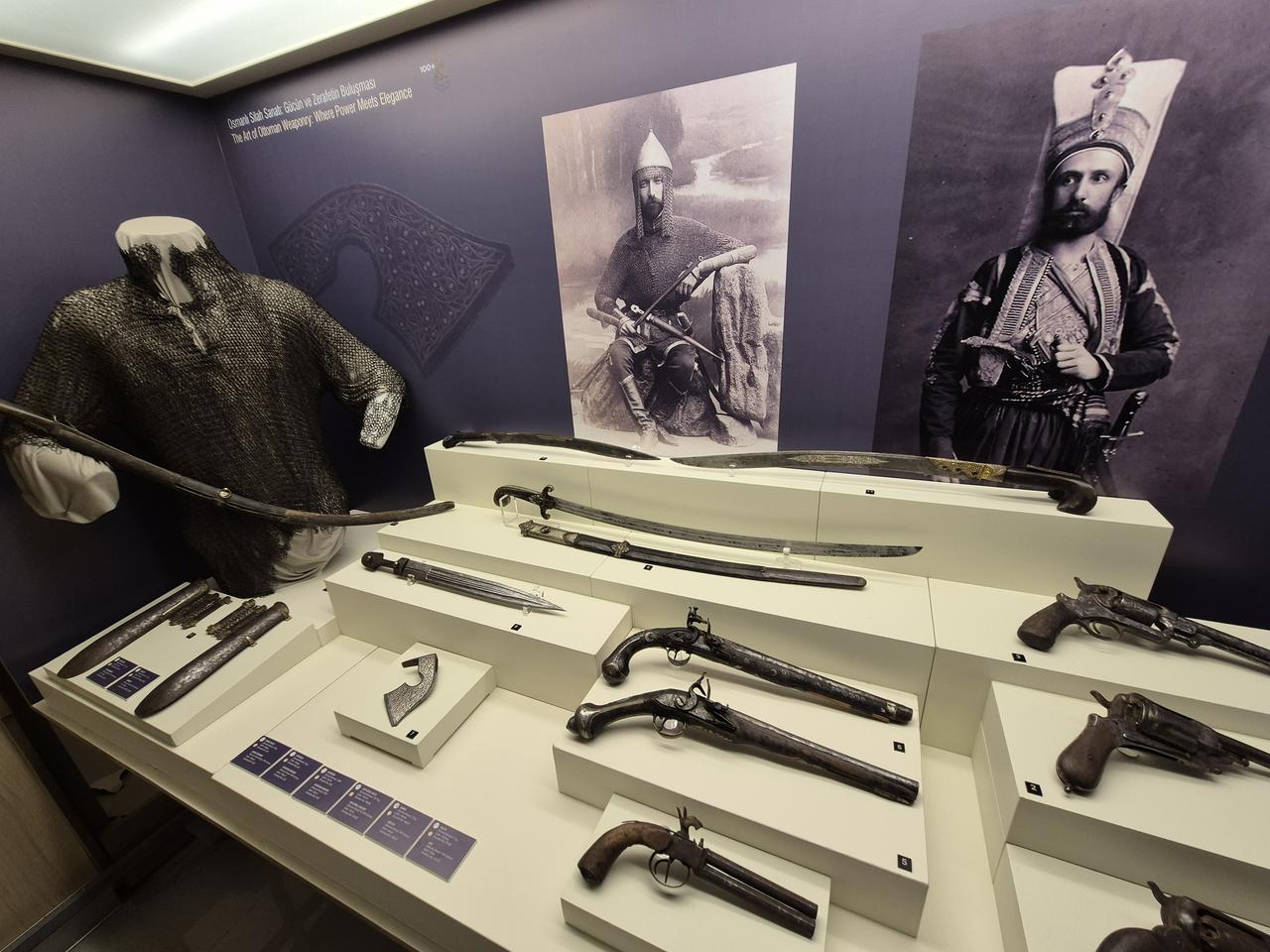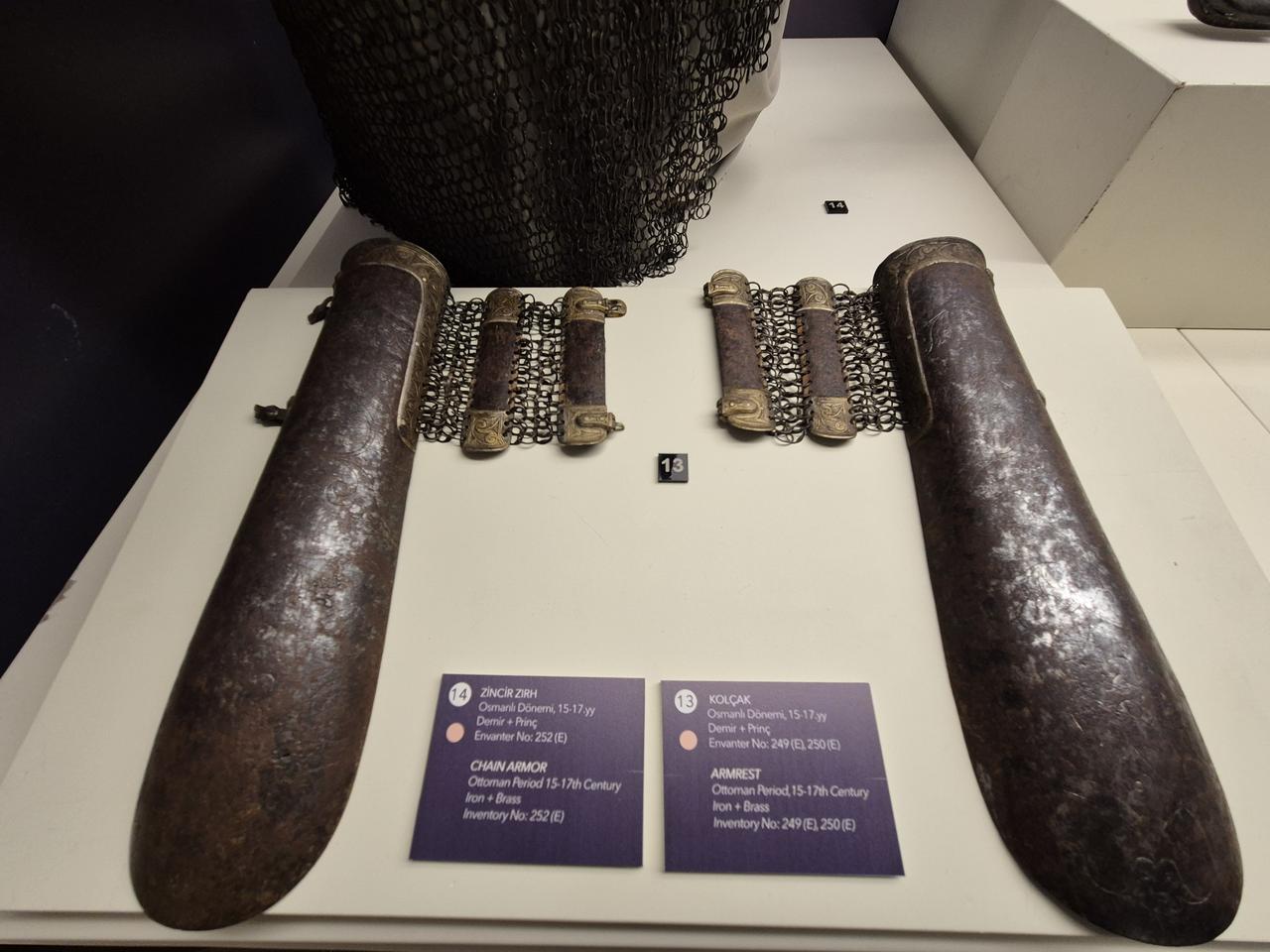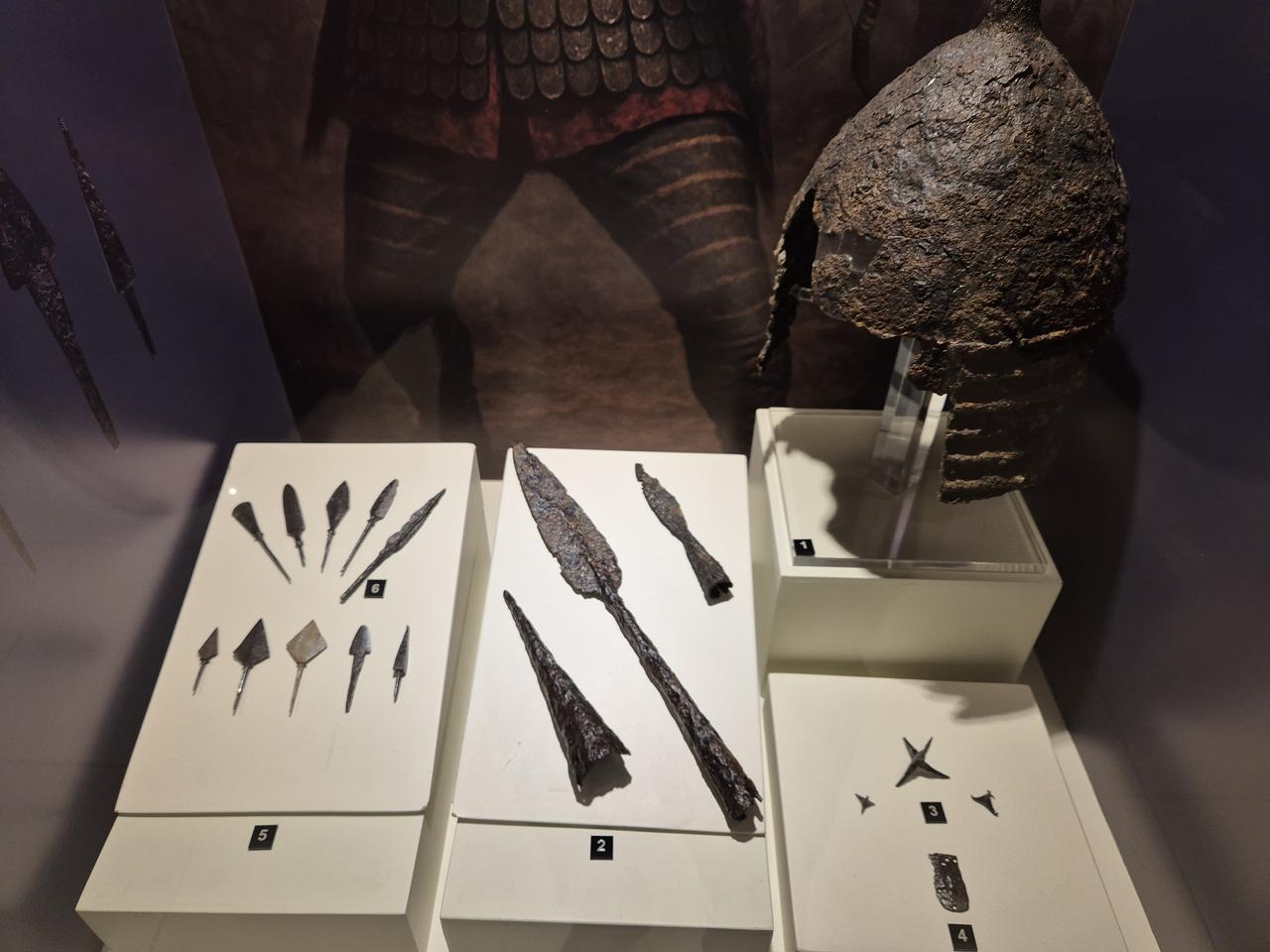
A new exhibition in the Turkish city of Corum is set to bring the 3,500-year history of iron in Anatolia to life. Titled “Hapalki: Iron,” the exhibition will open at the Bogazkoy Museum, located near Hattusa, the former capital of the Hittite Empire and a UNESCO World Heritage Site. Visitors will see 83 iron artifacts that trace the metal’s journey from raw ore to finished objects, many of which are on display for the first time.

Bogazkoy Museum Director Resul Ibis explained that the exhibition aims to illustrate the historical development of iron and its role in advancing human civilization.
Excavations in Corum, one of Türkiye’s most significant archaeological regions, have unearthed iron tools, weapons, jewelry, and workshop remains that reveal the evolution of ironworking. The display also features cuneiform tablets referencing iron, offering insight into the administrative and cultural life of the era.

Eighty-one of the 83 artifacts are debuting publicly, including items forged in both iron and steel.
According to Ibis, the exhibition goes beyond the objects themselves by incorporating panels and visuals that explain the origin of iron, its place in mythology, its impact on warfare, and its influence on art, agriculture, technology, and social life.

The exhibition is part of the Ministry of Culture and Tourism’s initiative, “102 Temporary Exhibitions: A Journey into Anatolia’s Cultural Heritage,” launched to mark the second century of the Turkish Republic.
Organizers describe it as a project linking the deep past of Anatolia to future generations. The exhibition will be open to the public from Aug. 1 through Oct. 31 at Bogazkoy Museum in Corum.